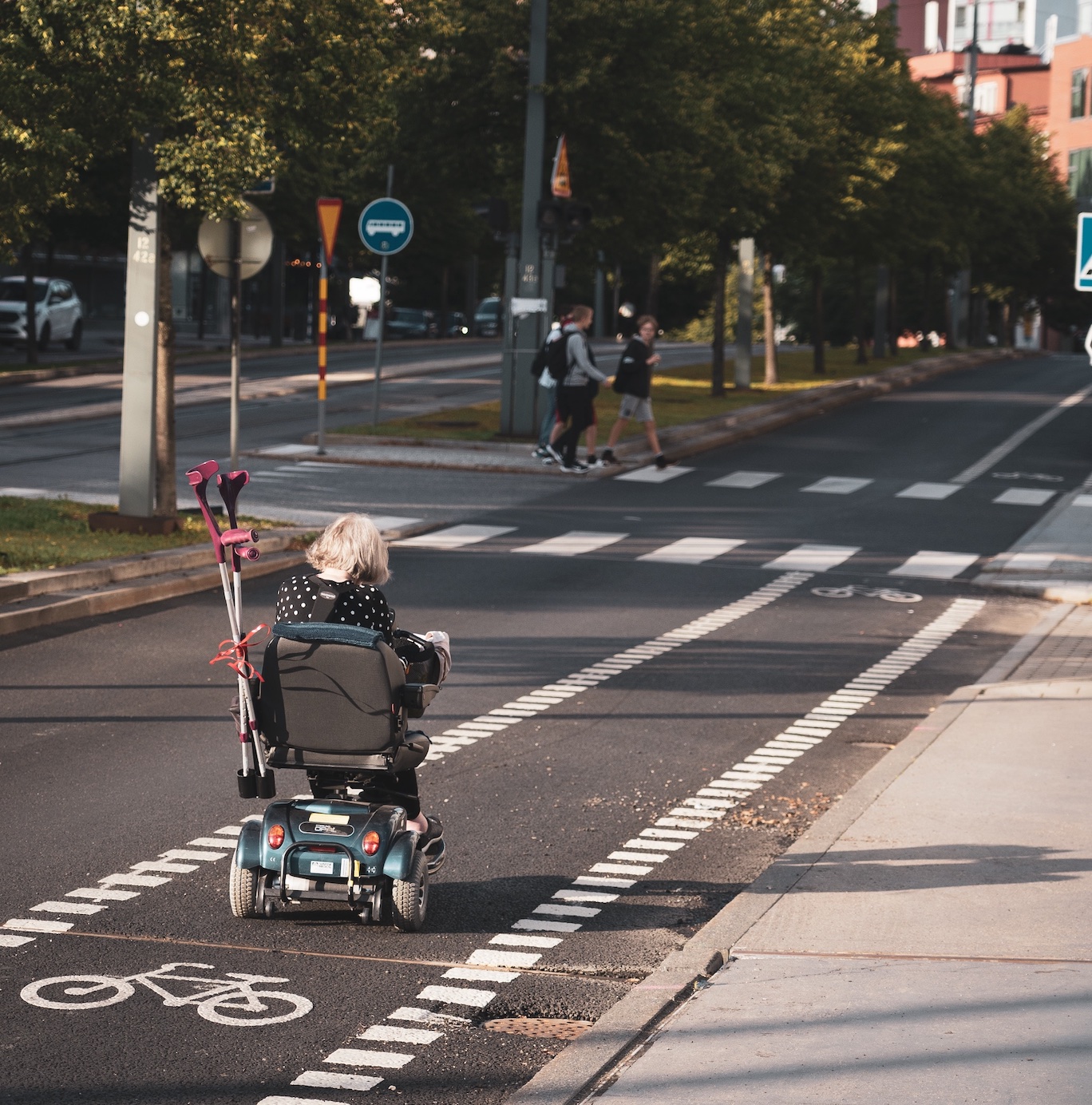The plaintiffs demand the city of Chicago to comply with the laws of these important federal civil rights to ensure that all sidewalks, prevention ramps and other pedestrians are constructed, replaced and maintained so as accessible to people with disabilities.
Chicago, ILResidents of Chicagoland of MOB mobilized disabled have filed a class action case against the city Chicago (city), which challenged the rights of other rights for those who have accessed sidewalks, prevention ramps, and people with disabilities. Disability rights supporters and representing Lithm and Watkins LLP, the plaintiffs alleged that the city violates Section 504 of the Disability Act and Rehabilitation Act with Americans.. Read the complaint.
“Without access to accessible, safe sidewalks, people with disabilities of mobilization cannot participate fully and actively in our society. We need to go to work, go to school, visit church, meet family and friends, and enjoy our city (safe sidewalks).
Class Action Legacy has highlighted the city’s failure to use the active system to maintain the rights of its pedestrians, as well as the city’s more dependence on complaints, reaction and ineffective programs, resulting in widespread obstacles for people with disabilities. For example, the city’s 311 system data suggests that thousands of sidewalks inspection complaints end Year In fact, before the resolution, more than 20,000 applications for sidewalk improvement have been open for at least one year, and more than 6,000 are open for more than three years.
The plaintiff Kevin Sullivan is one of the thousands of Chicago who travels in the city regularly. He said: “I chose to be a part of this class proceedings because the city is built on the idea of Daniel Bernham being accessible to all about public places, and I eventually want to fulfill that promise.” Mr Sullivan has submitted a number of complaints about 311 about the inaccessible sidewalks, but there are many obstacles.
The litigation not only document the systemic failures, but also details the specific measures to guide the city to the rights of pedestrians, which are really accessible to everyone. The city requires a more efficient, integrated and active approach to ensure safe and accessible pedestrian infrastructure.

“Across Chicago, sidewalks and crosswalks are difficult, if it is not impossible to cross it, as a wheelchair user, I have been forced to ride on the road, I have been controlled by it, and I also played a driver’s game with me. More.
Twenty years ago, people with disabilities with disabilities filed a lawsuit against the city to maintain, repair and prevent the ramp, in violation of the federal disability law. The city set the case and invested millions of dollars to install thousands of curb ramps. But, since then, many curb ramps in Chicago have once again come into being. Chicago’s sidewalks, cross walks, and other pedestrian infrastructure have to be rolled out of obstacles to access. They are deteriorating, cracked, drowning, plunged, uneven, filled with holes, filled with plants or preventing constant mid-side walks, or very tight-effective, often in Chicago’s pedestrian walks at the same time.
The obstacles to access make it difficult – if not impossible, they use wheels, cans for the wheels. These obstacles are a barrier to travel, because people with disabilities will have to find alternative leakage routes, use long paths, or in advance to difficult places. These obstacles also cause injury or even death risks, as people often have no choice but to travel on the road with traffic.
“The sidewalk is eventually a problem for safety,” said Michael Lee, a resident of Starterwell. “This summer, my wheel was stuck in a cracked crab cut and I was launched in the traffic coming from my wheelchair. I want to go out into the city without fear of my life.”
“Access to the rights of public pedestrians goes to the ADA’s heart, which is available for people with disabilities to provide full and equal access to public facilities, promote freedom, and facilitate social and economic integration.”
“As our clients have alleged in the complaint that the city had previously agreed to implement the system to remove the curb ramp,” said Jack McKinley, a colleague of Latham and Watkins.
The plaintiffs demand the city of Chicago to comply with the laws of these important federal civil rights to ensure that all sidewalks, prevention ramps and other pedestrians are constructed, replaced and maintained so as accessible to people with disabilities.
Support for Disability Rights (DRA): With the offices of California, New York, and Illinois, the rights of disability rights are the legal centers for the rights of disability rights. Its mission is to advance equal rights and opportunities for people with all kinds of disabilities across the country. The DRA represents all kinds of disabilities in complex, changing the system, class action cases. Thanks to the DRA’s ideology, people with disabilities across the country have improved dramatically access to education, health care, employment, transportation, destruction preparation, voting and accommodation. For more information, visit www.dralegal.org.
Lithm and Watkins LLP: Latham and Watkins are a leading global law firm that collects extraordinary legal skills in financial centers around the world to advise complex transactions, legislatures and regulatory issues. The firm’s deep market and product knowledge, industry experience, widespread, and commitment to innovation and virtue helps clients visit their most important challenges and achieve their goals.
